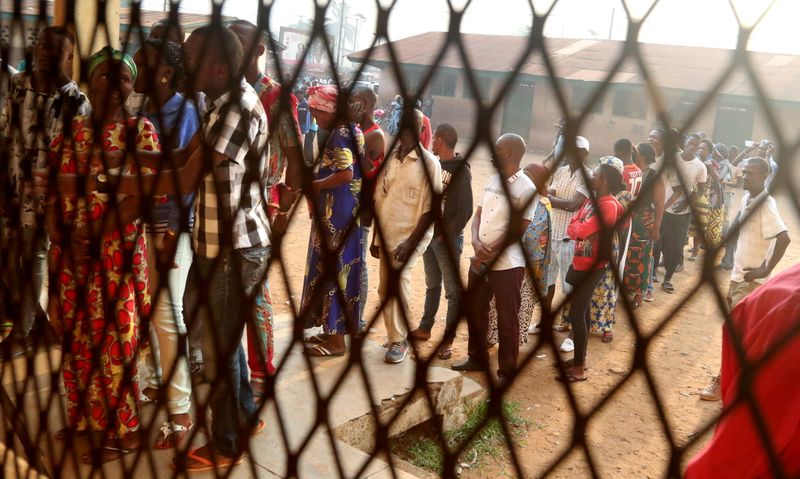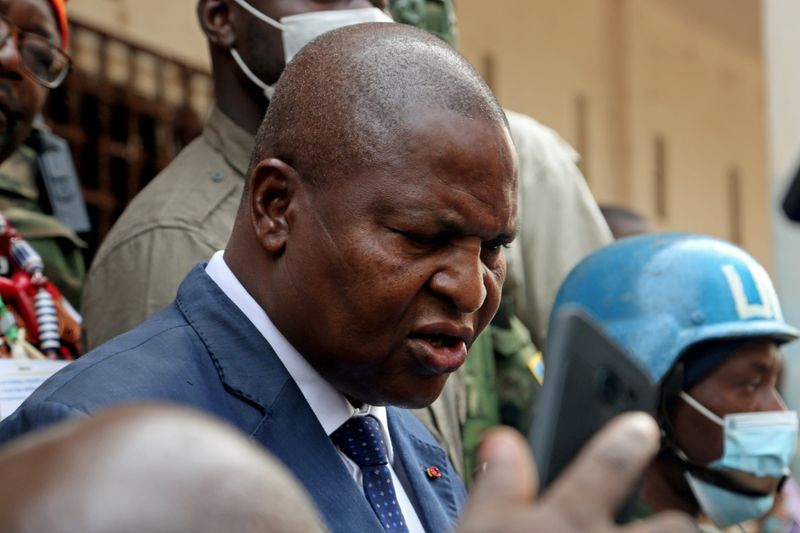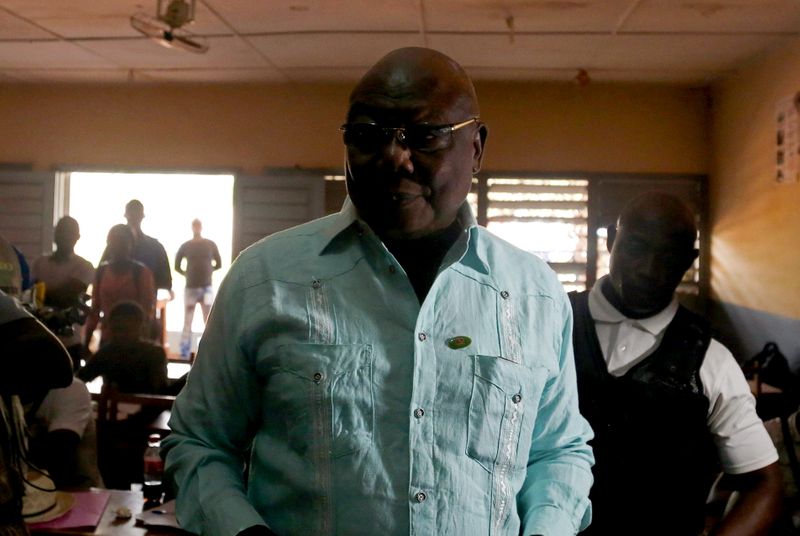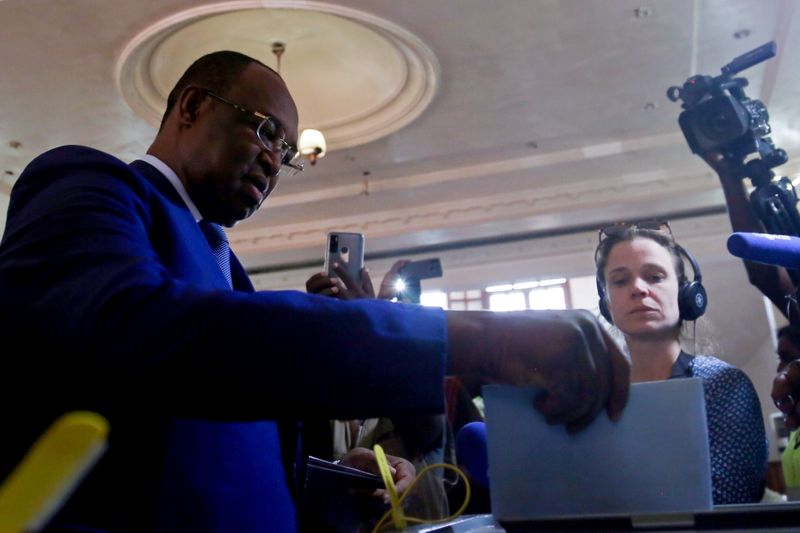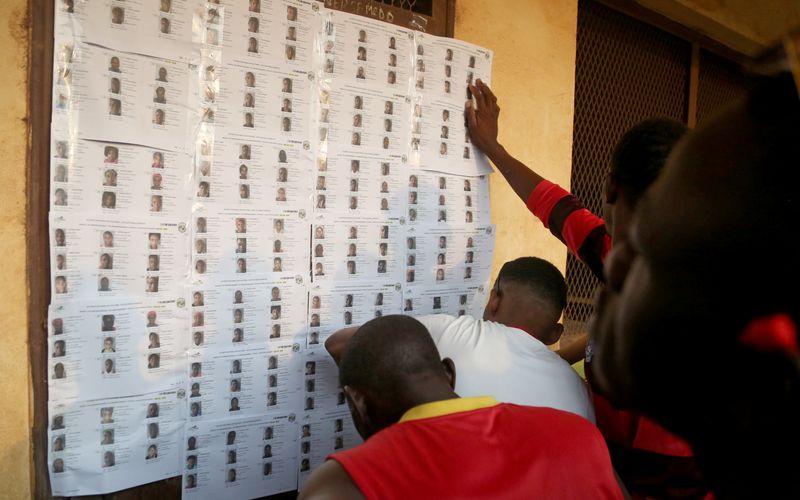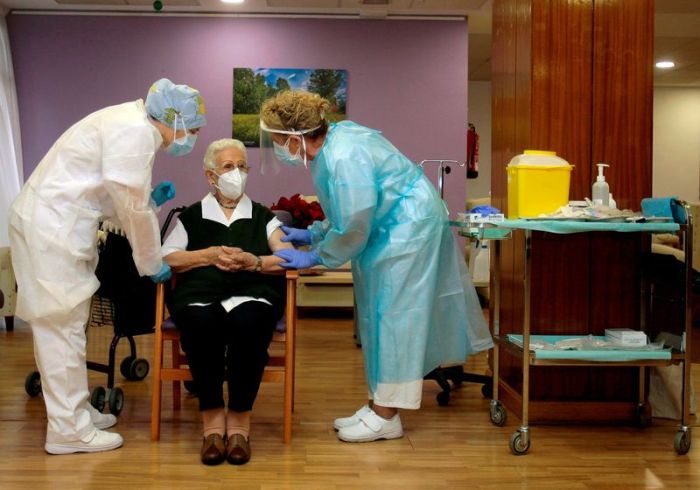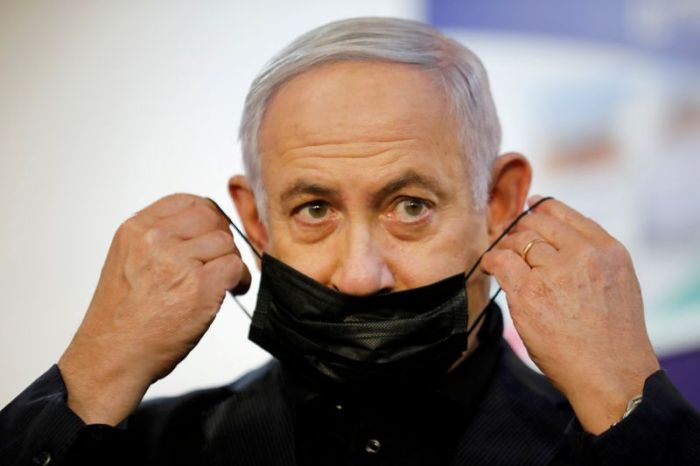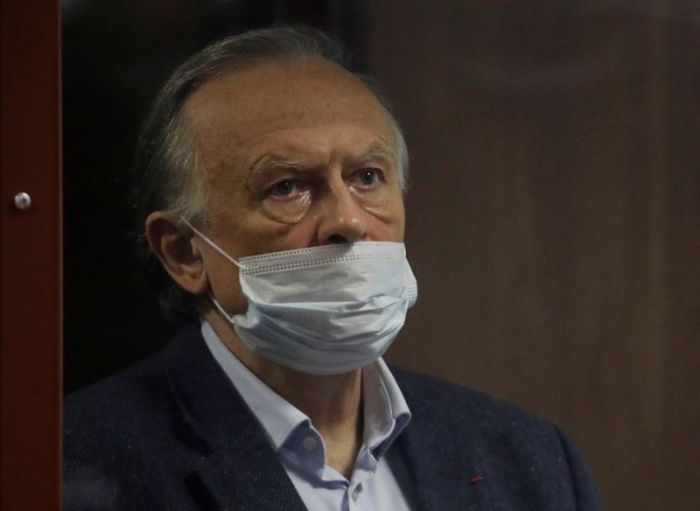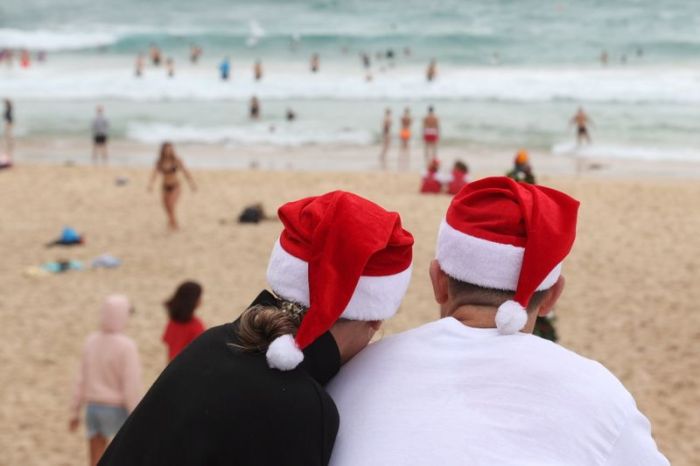BANGUI (Reuters) – Central African Republic residents turned out in huge numbers for presidential and legislative elections on Sunday, the head of the U.N. mission said, despite rebels opening fire in some areas to try to scare away voters.
Rebel groups hostile to President Faustin-Archange Touadera, who is seeking a second term, have carried out attacks and threatened to march to the capital and disrupt the election after the constitutional court this month rejected several candidates, including former President Francois Bozize.
Touadera is considered the favourite in the field of 17 candidates. Vote counting began on Sunday and full provisional results are expected by the end of the week.
The election will go to a second round if no candidate receives more than 50% of the vote.
After a slow start and sporadic gunfire in some towns, the head of the U.N. mission in the country said in a statement that there was a huge turnout. He did not provide details.
“This morning, they (rebels) started firing, hoping to scare people away from voting. Yes, in certain areas, it is difficult but in many other areas, you can see people going out massively to vote,” Mankeur Ndiaye said.
There are concerns that a substantial number of the 1.8 million registered voters in the sparsely populated nation larger than France were not be able to vote in remote towns, some controlled by armed rebels.
Heavy gunfire was reported in the town of Bouar, around 435 km (270 miles) northwest of the capital, a resident said. Gunfire also disrupted voting in other towns including Bossangoa in the northwest, and Bria in the east.
“The vote should not only take place in Bangui. I think that the elections should have been postponed. But as it is the law, it is my duty, I am coming to vote for my president,” said 31-year old Thierry Yanga, who voted in the capital.
The constitutional court on Saturday rejected an appeal from several opposition candidates for the election to be postponed. The government and a U.N. mission had rejected a postponement fearing a power vacuum.
WAVES OF VIOLENCE
The crisis has left many in the diamond- and gold-rich nation of 4.7 million exhausted, while stirring fears of a return to the worst violence of its recent past, which includes five coups and numerous rebellions since independence from France in 1960.
Touadera was first elected in 2016 following a rebellion three years earlier that ousted Bozize. He has struggled to wrest control of vast swathes of the country from armed militias.
Successive waves of violence since 2013 have killed thousands and forced more than a million from their homes.
Touadera and the United Nations, which has over 12,800 uniformed peacekeepers in CAR, have accused Bozize of being behind the rebel offensive, which briefly seized the country’s fourth largest city last week and has led to a wave of desertions from the army.
Bozize’s candidacy was rejected because he faces an arrest warrant and U.N. sanctions for allegedly ordering assassinations and torture while president. Bozize has denied those charges.
Touadera’s international security partners have responded to the latest violence by sending additional troops and equipment, including 300 Russian military instructors and 300 Rwandan peacekeepers.
(Reporting by Antoine Rolland in Bangui; Writing by Aaron Ross and Bate Felix; editing by Jason Neely and Nick Macfie)

